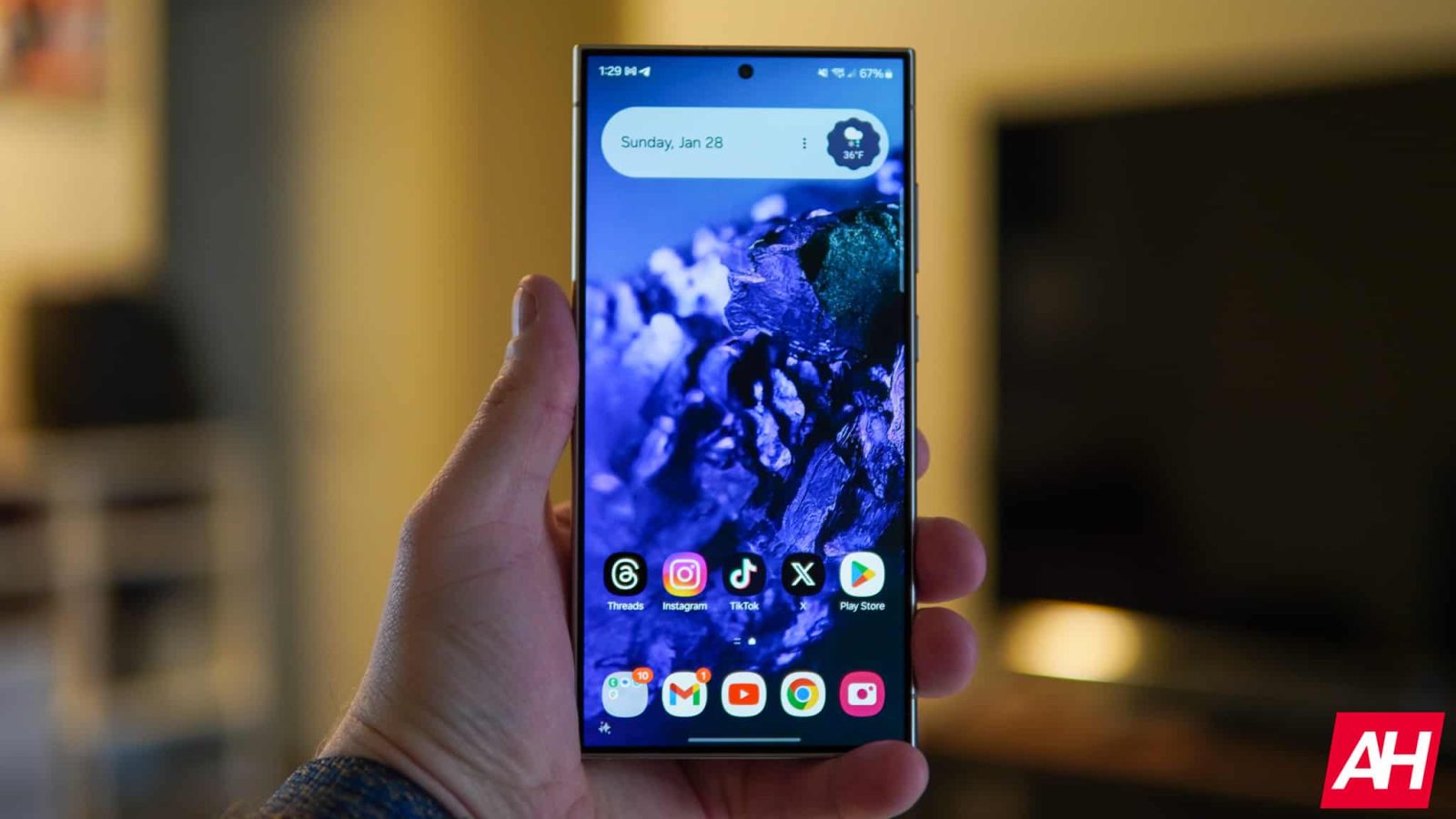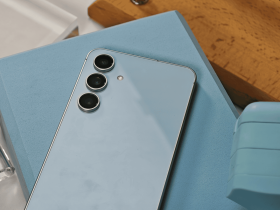Galaxy S26 Series Tipped To Use New High-Density Battery Tech

Contents
After years of being stuck with more classic technologies, the battery industry is taking big steps forward. Experimentation with new materials has led to new cell types with multiple benefits. Although the Galaxy S25 series will not bring great advances in this section, a new leak claims that Samsung will implement a silicon-carbon battery in the Galaxy S26 series.
Lithium-ion (Li-ion) batteries have been present in mobile devices since the days of dumbphones. The production of these cells involves environmental problems due to the difficulty of obtaining certain key materials—including cobalt, lithium, and nickel. Additionally, since it is chemistry, the technology behind batteries advances at a slower pace than the rest of the tech industry. So, as smartphones have required more power, manufacturers have been forced to implement larger units.
Samsung could adopt silicon-carbon technology in the Galaxy S26 series
However, things have changed in the last couple of years. The silicon-carbon technology is emerging as the next big evolutionary leap in the battery segment. And Samsung is said to implement it next year.
Citing Weibo tipster Ice Universe, Jukanlosreve said on X/Twitter that the Galaxy S26 lineup will use a silicon-carbon battery. This technology enables higher-density cells—more mAh in less physical space—with less overheating, which in turn leads to lower power consumption in mobile devices. The environmental aspect is another big plus, as the production of these types of batteries is less harmful.
Chinese companies like OnePlus and OPPO (both owned by BBK Electronics) put high-density batteries in their top-of-the-line phones last year. These are units based on silicon-carbon, such as OnePlus’ Glacier technology. Honor and Xiaomi have also been using silicon-carbon cells in recent mobile devices. Xiaomi even implemented it in a mid-ranger (Redmi Note 14 Pro+) so it will not be exclusive to premium flagships.
New technologies could help Samsung catch up with the competition
Samsung Mobile has been lagging behind the Chinese competition in multiple aspects. Embracing emerging technologies could help them catch up. Hopefully more news will emerge about the potential implementation of silicon-carbon technology batteries in the Galaxy S26 series soon. Meanwhile, users will have to settle for the 4,900mAh and 5,000 mAh battery in the upcoming Galaxy S25+ and S25 Ultra, respectively.
What’s your reaction?
Love0
Sad0
Happy0
Sleepy0
Angry0
Dead0
Wink0









Leave a Reply
View Comments